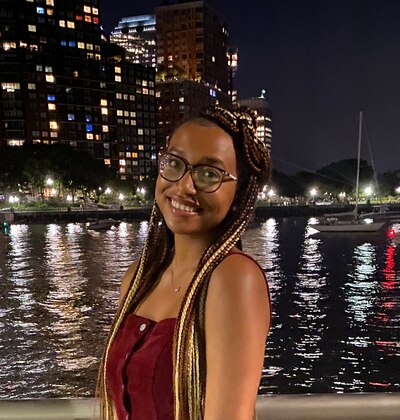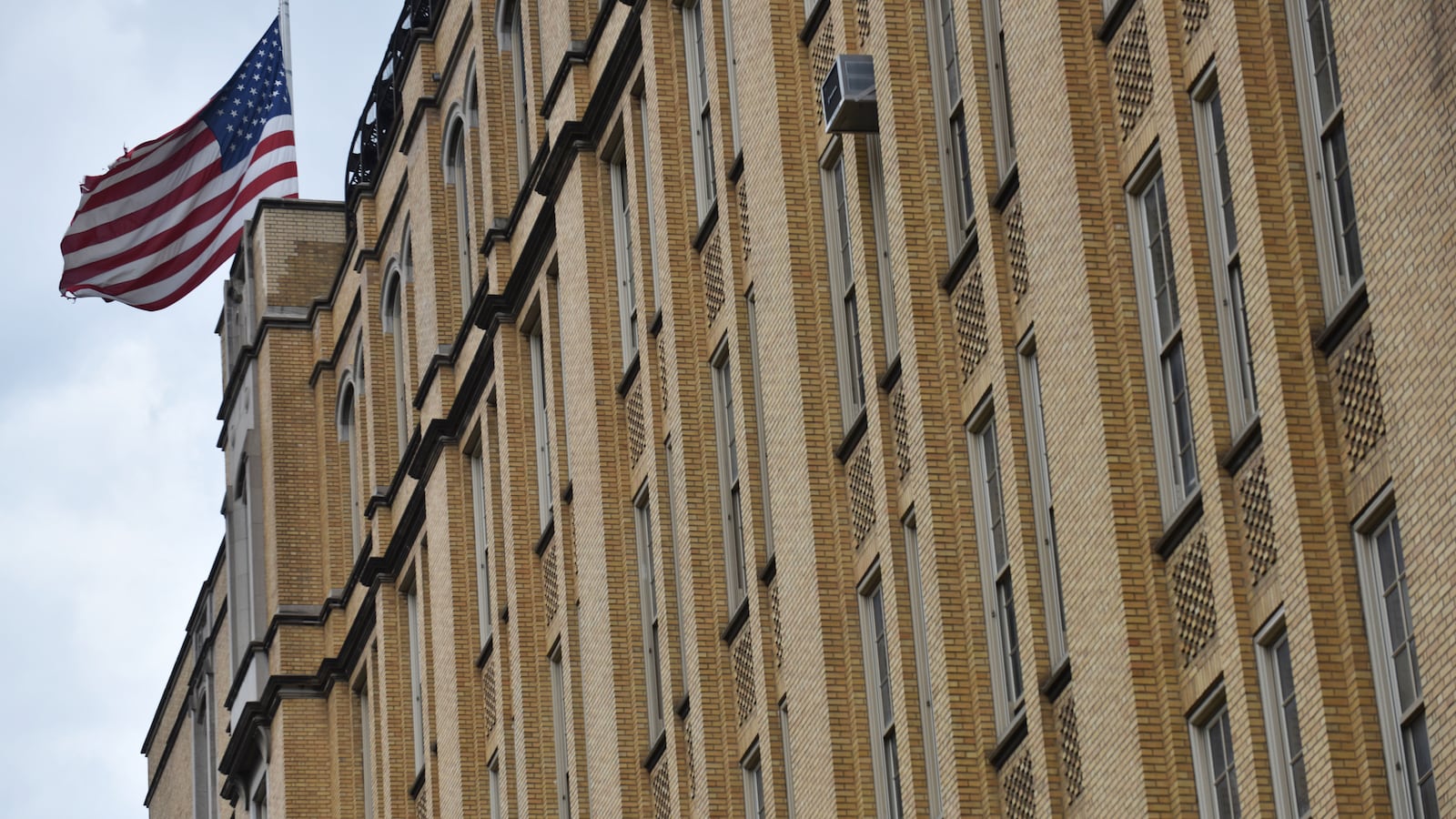During a public health crisis that has moved city schools online, the Specialized High School Admissions Test hangs in the balance.
Any day now, Mayor Bill de Blasio and schools Chancellor Carranza are expected to announce if and how they will administer the test, which eight elite public high schools use as the only criteria for admission.
The test has long been controversial and, frankly, problematic, as a metric that has worked to keep many Black and brown students out of specialized high schools. Now, it also faces logistical hurdles, with school buildings closed and social-distancing guidelines in place.

The time is right to end the SHSAT.
I say this as someone who earned a coveted spot at Brooklyn Technical High School. I say it as a young Black woman who knows how isolating New York City’s elite public high schools can be for Black students.
Back in 2016, during my sophomore year at Brooklyn Tech, a social media campaign #BlackinBrooklynTech exploded on Facebook. Black Tech students posted status after status detailing their frustration with the constant racism and microaggressions, ranging from the use of the n-word within the school walls to overtly racist comments about the intelligence and capabilities of Black students. There were already disproportionately low numbers of Black and brown students admitted to these specialized high schools, so this constant feeling of alienation once they got there was extremely discouraging.
For me, #BlackinBrooklynTech was one of the most monumental movements of my high school career. It assured me that I was not alone, that other Black students were feeling ostracized as well. I soon became extremely active in the Black Student Union, eventually serving as treasurer of the club senior year.
In the aftermath of the social media campaign, the Black students got together to create demands and push for change within the school. We wanted to increase the number of Black students and teachers, diversify the curriculum, and create a framework to hold students accountable for their racist actions within the school. It was in these moments that I learned the true power of community. The movement created awareness of the school’s underlying racist culture and caught the attention of the administration and the city’s education department. But four years later, Black students remain vastly underrepresented and disrespected at Brooklyn Tech.
During my last weeks at Brooklyn Tech, I distinctly remember the heated debates after Mayor de Blasio announced he wanted to get rid of the SHSAT in an effort to make these elite high schools better reflect the city. Debates spilled onto Facebook, with current students and alumni taking to social media to speak their mind. The culture of racism did not change much after #BlackinBrooklynTech; rather, it was intensified after de Blasio’s SHSAT announcement. So many of the arguments were fueled by coded racist rhetoric clinging to the past. What we saw as a way to level the playing field and put an end to school segregation, many saw as a cheapening of coveted seats in these specialized high schools.
Now, the pandemic has only magnified the system’s inequalities. Many Black and brown students who are already underrepresented at specialized high schools live in communities that have been hard-hit by the coronavirus pandemic. In addition to attending schools that may not have prepared them well for the SHSAT and, perhaps, being unable to afford private test prep, the trauma of the virus’ impact on their friends, family, and neighbors has surely left many students without the bandwidth to prepare for the test.
De Blasio has said that the exam may be administered online, but this does not address all of the issues with the exam. There are huge disparities in students’ access to the internet and Wi-Fi quality. Furthermore, many of these students may not have a private or quiet space that would allow them to focus on the exam. Thus, the online exam, while addressing the concerns related to safety during the pandemic, does not address the racial and economic inequalities that have been present for years.
I believe the exam should have been eliminated years ago, but this difficult moment in history would be the perfect opportunity to see how a more inclusive set of admissions criteria could work for these specialized high schools without administering the test. The city’s education department should see this as a chance to explore the effectiveness of the other solutions that have been suggested as alternatives to using the SHSAT. While it is not up to the city alone, the city should put pressure on members of the New York State Legislature — state legislators are the only ones that can repeal the relevant law — and push for a waiver exempting it from administering the exam this year, at least.
Additionally, Stuyvesant High School, Brooklyn Tech, and Bronx Science are the only schools that are mandated by the Hecht- Calandra Act to administer the exam as a requirement for admission. The other specialized high school not bound by law should use alternative admission measures this year no matter what.
By choosing not to administer the SHSAT this year, the city’s education department would join other schools who have moved away from using standardized testing for admission. More than 400 colleges and universities have chosen to stop requiring the SAT and ACT this admission cycle because of the difficulties in administering and taking the test during the pandemic.
The coronavirus has already prompted us to innovate, as we adapted our pre-COVID lives to various lockdown restrictions, watched livestreamed Broadway shows, and observed the re-emergence of drive-in theaters. I see no reason why we cannot apply our creativity to making our specialized high schools fairer.
New York City and its students have been through enough. It is time to take stock of this moment and insist on real change at our specialized high schools. It’s time to end a test that serves to exacerbate school segregation in New York City.
Haley Lucas is a student at Columbia University studying African American and African diaspora studies and education. She wrote a version of this piece as a part of her Educational Foundations course at Barnard.


